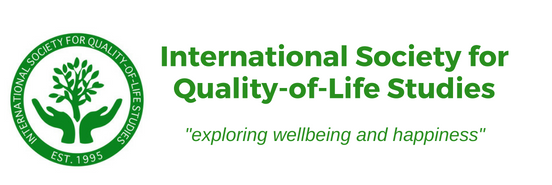The UJ School of Economics and the Library invites you to a webinar titled: You’ll never walk alone: loneliness, religion and economics
ABSTRACT ¡ Happiness is an elusive entity and difficult to define, especially in time of uncertainty and change. Yet, loneliness, which can be thought as the opposite of happiness in many ways, is also a very particular condition and relates to a feeling that is very clearly connected to the current COVID-19 pandemic, which entailed isolation, lockdowns and social distancing. This study examines the change in feelings of loneliness in relation to the pandemic and in relation to local and individual cultural factors. Using data for the UK on regional (super output level) and individual level from the Office of National Statistics, I employ difference-in-differences approach to explore the role of local level of altruism and social capital as a pre-determinant of the experienced level of loneliness before and during the pandemic. Using a hierarchical model, I also explore the relationship of interpersonal differences in demographic characteristics and cultural attitudes (especially degree of religiosity) as predictors of the differences in the aggregate social experience of loneliness across space. The results show that controlling for objective socio-economic factors of the Mincer equation, loneliness associates significantly and negatively with mental health and positively with levels of religiosity of an individual. It is also in negative relationship with the local level of altruism and social capital. Places with low levels of altruism experience higher levels of loneliness both before and during the pandemic. These findings suggest that the religious narrative has the role of an alleviation of pain in the subjective utility function of people, but effectively and objectively places that are less altruistic experience greater loneliness with the corresponding greater mental health aftermaths.
PRESENTER ¡ Annie Tubadji – Swansea University, Wales, UK. FACILITATOR ¡ Prof Talita Greyling – Associate Professor, School of Economics, UJ. DATE ¡ 3 March 2022 TIME ¡ 11:00 (SAST) VENUE ¡ https://zoom.us/j/97359887583
Annie Tubadji is an Assistant Professor in Economics at Swansea University, the UK. She is a cultural economist studying cultural bias in economic choice and its implications for happiness, altruism and socio-economic development. Annie has been developing her unique research paradigm termed Culture Based Development (CBD) since 2007. In 2021, the Learned Society of Wales awarded Annie’s CBD paradigm with the Dillwyn Medal for Social Sciences. Earlier, the CBD Hypothesis was awarded the 2010 “Student Paper Award” by the Association for Institutional Thought (AFIT), Western Social Science Association meeting,
Talita Greyling is an Associate Professor in the School of Economics at the University of Johannesburg in South Africa. She specializes in well-being economics and quality of life studies and has a keen interest in fourth industrial revolution applications. She developed the initial “Happiness Index” using Big Data. Consequently, she partnered with Dr Stephanie Rossouw and established the Gross National Happiness.today Project (GNH.today), which continuously research and develop the index. The project received the Vice Chancellor’s Distinguished Award for Innovation
UJ_SoE_YoullNeverWalkAlone_INVITE _3March2022 (1).pdf
